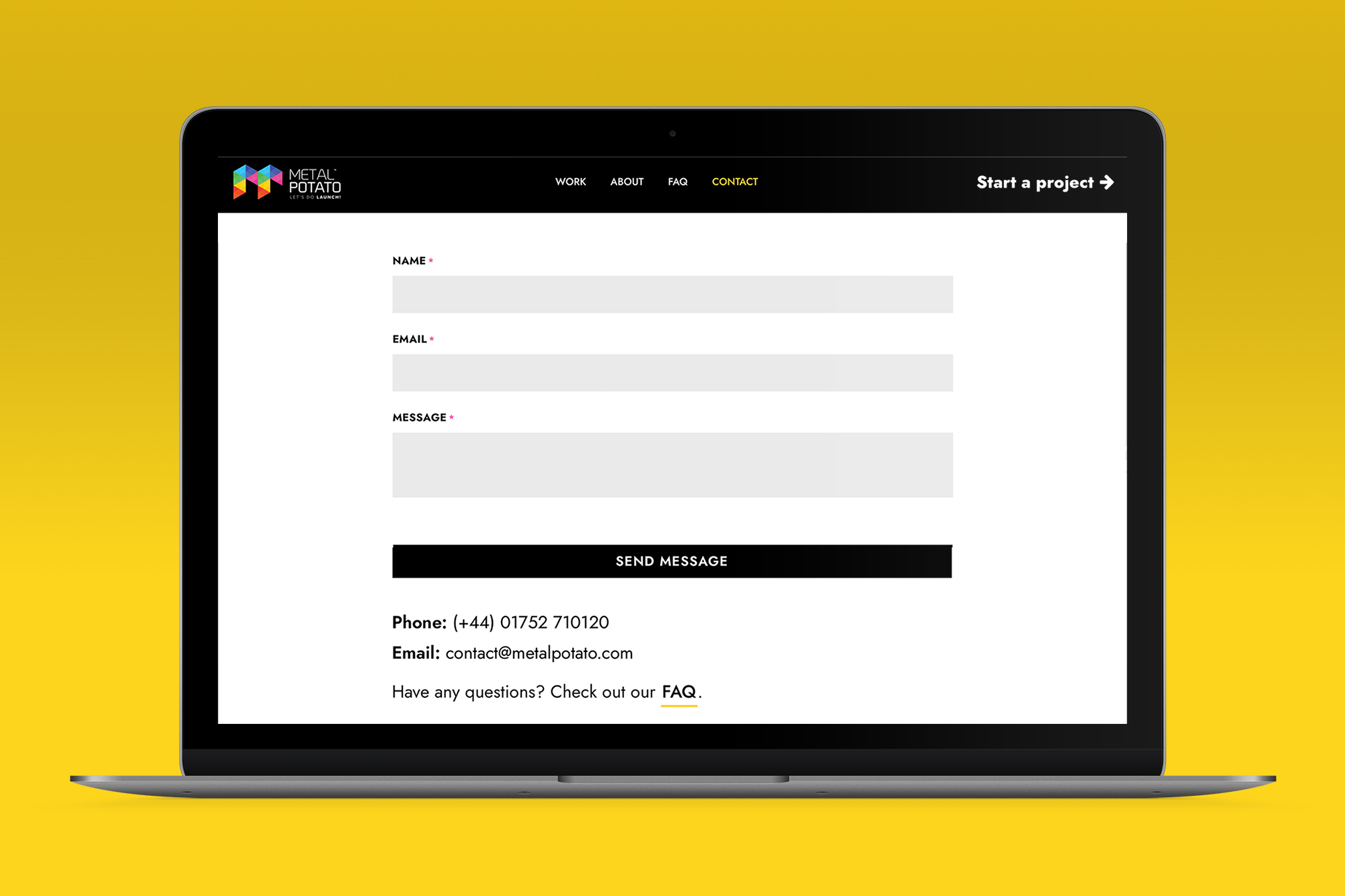Marketing is full of buzzwords, and for the past few years the term “social media” has been buzzing loudest of all. And Social media mistakes are aplenty!
There’s a reason a majority of companies now employ at least some form of social media team at the management or corporate level—consumers are engaging with brands on social media. It’s generating sales, brand awareness and customer loyalty.
But just because companies are investing in social media doesn’t mean they’re all doing it the right way. Here are some common social media mistakes that you should avoid.
Social media mistakes
Sales blogging: Blogs are an exceptional marketing tool for companies that translate well to social media. A great blog post can generate retweets, likes and follows for your social media page, but if every post for your nursing home is about your service packages, your blog won’t do any of those things. Instead, try telling stories about your customers or about causes your business is passionate about. Try giving unbiased industry advice. A blog can make your brand more likeable—use it for that.
Too Many Accounts: Unless you have a massive social media budget, start by focusing on just one or two platforms that really hit your target audience. If you’re a blog or news organisation, a strong Twitter presence will benefit you more than Pinterest. Conversely, if you’re trying to sell goods then a Facebook marketing campaign might reach your buyers in just the right place. Want to connect with high-powered people in your industry? LinkedIn could be your ticket.
Having no game plan: Your business needs to have a social media game plan. Astoundingly, many companies take their accounts a long way before they actually sit down and create a social media policy. How do employees interact with the company account? Do employees need to represent the brand in everything they post or tweet? Is there an editorial calendar? These are all questions that should have an answer.
Info-dumping: People like infographics. They help consumers visualise data. They help marketers present data. What they should not do is become totally self-serving. Infographics are great, but make sure the data presented in yours does more to help your target than pump-up your brand. Otherwise, it’s called an ad.
Not being transparent: Don’t be sketchy. If you make a typo, own it. Mistakes happen to everyone and owning up to yours is more respectable—and engaging—than deleting your post. As a bonus, your algorithms won’t suffer a hit from correcting your mistake (Facebook doesn’t like you to delete posts).
Talking about yourself: This one is a no-brainer. Nobody wants a second date with someone who spent the entire time talking about themselves. Users will not engage your social media account if it is totally self-serving. Ask questions. Solve problems. Work together and grow.
Not using images: As a rule, images are twice as likely to create engagement than posts without images. If at all possible (and within reason), utilise high-quality images in all of your content.
Being impatient: For some companies, investing in social media means they expect a financial return immediately. The reality is this—social media is never guaranteed to generate an immediate financial return. The most invaluable asset a strong social media presence brings to your brand is awareness. But unlike a traditional magazine ad, social media can keep your customers coming back to you. It can re-engage a fan or follower long after a print ad, radio or video promo runs its’ course.
A few companies are lucky enough to go viral and generate massive revenue off of their social media platforms, but most will reap the real rewards of their labour from the long-game: from customer loyalty, awareness and search engine optimisation.
The Bottom Line
Your brand should have a social media presence. There’s really no reason not to, especially considering your competitors probably do. Try to innovate, be unique and be useful to your audience and your account will be successful. Make any of the social media mistakes above and you won’t reach the potential you could.
Get in touch to see how we can help your business succeed online! Dive into our FAQs and learn more about us.
Let's make a website!
Book a FREE video call to discuss your business, project strategy, and more!
"*" indicates required fields
More from Metal Potato
How to Write SEO Content That Converts
How to craft SEO content that climbs rankings! Strategies for keyword targeting, readability, and engaging writing techniques.
Contact Page Design: A Blueprint for Success
Learn how to optimise your contact page for better engagement and conversions with expert tips and inspiring examples.
Why Your Website Isn’t Showing Up on Google
Discover why your website isn't showing up on Google and learn actionable solutions to boost your visibility!
How Google Remarketing Rescues Lost Customers
Revive lost leads with Google Remarketing! Target engaged visitors, boost ROI with personalised ads across Google platforms.
Unmasking SEO Scams and Safeguarding Your Website
Guard your business against SEO scams! Uncover deceitful tactics, red flags, and empower your online success with our tips.
How Often Should You Blog?
Optimise your blog's success with the perfect posting frequency! Learn to balance consistency, quality, and engagement for organic growth.






